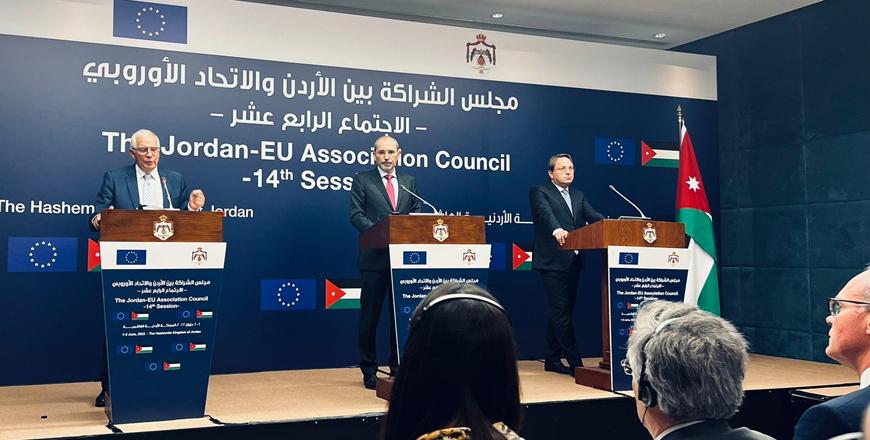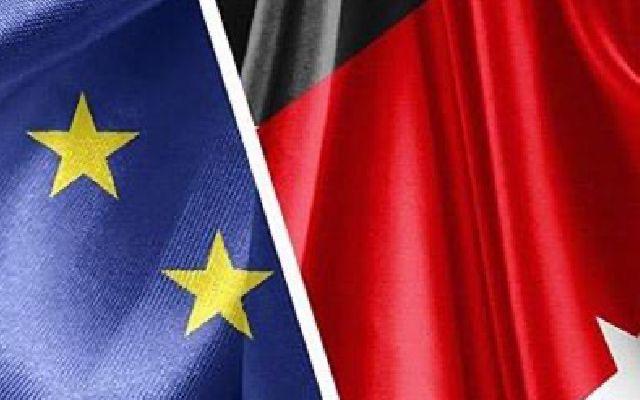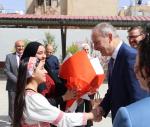You are here
EU highlights Jordan’s resilience in face of shocks
By JT - Mar 25,2015 - Last updated at Mar 25,2015
AMMAN — Jordan remained resilient in face of regional crises in 2014 in terms of security, stability and economy, according to the European Neighbourhood Policy Report.
According to a European Commission statement released Wednesday, Jordan continued to remain a moderate and tolerant regional key player with a stabilising role both regionally and internationally in spite of the significant threats that the crises in Syria and Iraq have posed to the country's security, political and socio-economic situations.
The report underlined that the crises in neighbouring countries have led to a refugee influx and loss of trade routes, markets and energy supply, yet domestic stability has been preserved in spite of the regional threats, adding that the country has continued promoting religious coexistence, and supporting freedom of religion and beliefs.
In regards to the country's economy, the report highlighted the Kingdom’s resilience against external shocks, in particular the influx of refugees from neighbouring Syria and Iraq. In this scope Jordan and the EU continued to prepare negotiations on Deep and Comprehensive Free Trade Area (DCFTA), according to the statement.
However, in terms of respect for human rights and fundamental freedoms, a clear setback was registered when Jordan cancelled the de facto moratorium on the death penalty, according to the statement, where 11 individuals were executed in December 2014 as well as two more in February 2015.
Media freedom remained a sensitive issue, closely related to the freedom of expression. The policy dialogue of the government with civil society was not strengthened.
The report recommended actions for Jordan for the coming year, among them reapplying the moratorium on the death penalty, improving the electoral system, enhancing citizens’ participation in the political process and continuing to strengthen a fair and efficient judiciary system.
Recommendations also included ensuring each individual’s right to peaceful expression of opinion by refraining from referring journalists and citizens to the State Security Court on terrorism charges, and continuing cooperation with the EU to ensure an effective implementation of the Mobility Partnership.
The EU has allocated more than 300 million euros to support Jordan since the beginning of the Syrian crisis. EU funding through the European Neighbourhood Instrument amounted to 145 million euros in humanitarian assistance. Financial allocation under the ENI during 2014-2017 may range between a minimum allocation of 312 million euros and a maximum allocation of 382 million euros.
Related Articles
AMMAN — The 14th meeting of the Association Council of the European Union and Jordan took place in Jordan on Thursday, the first such event
AMMAN — EU High Representative for Foreign Affairs and Security Policy and European Commission Vice President Josep Borrell on Saturday stre
AMMAN — Jordan stands to benefit from a 300-million-euro loan agreement from the European Investment Bank (EIB) which aims to enhance growth

















